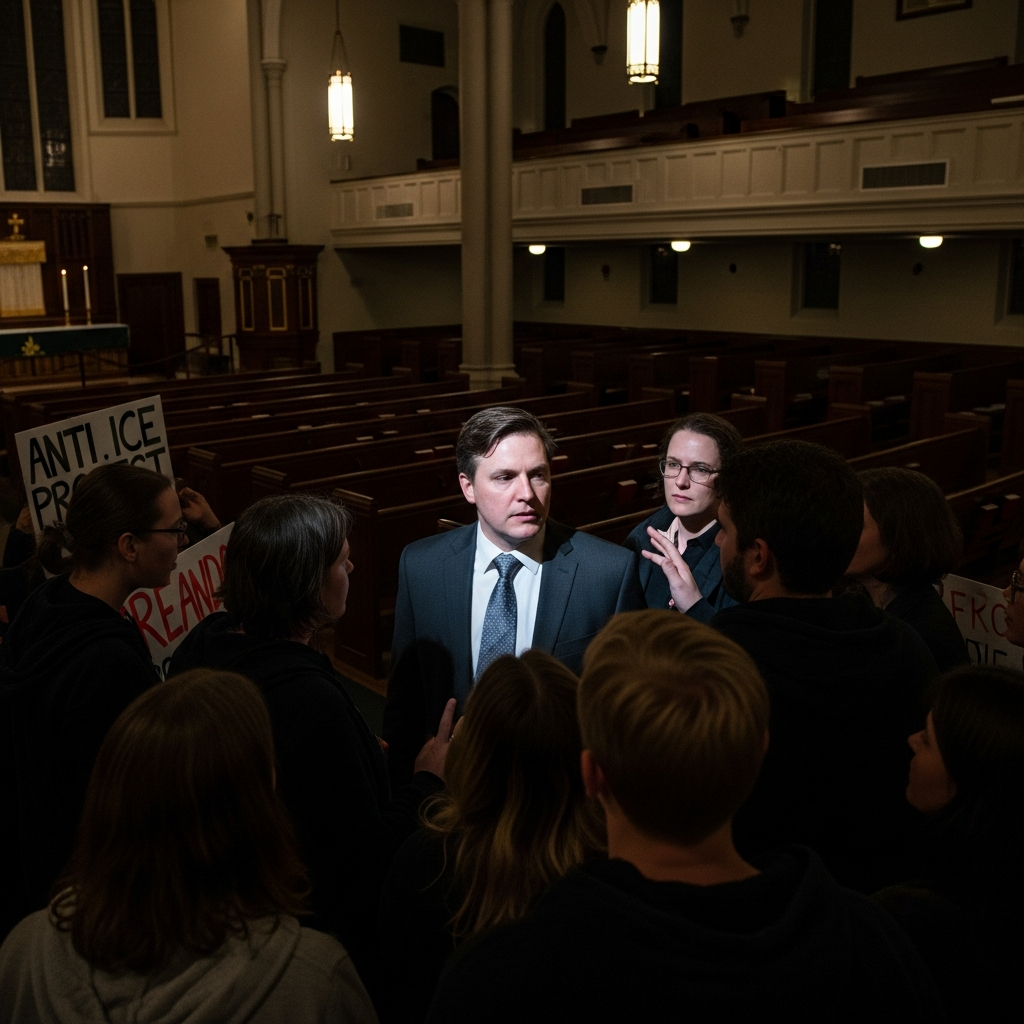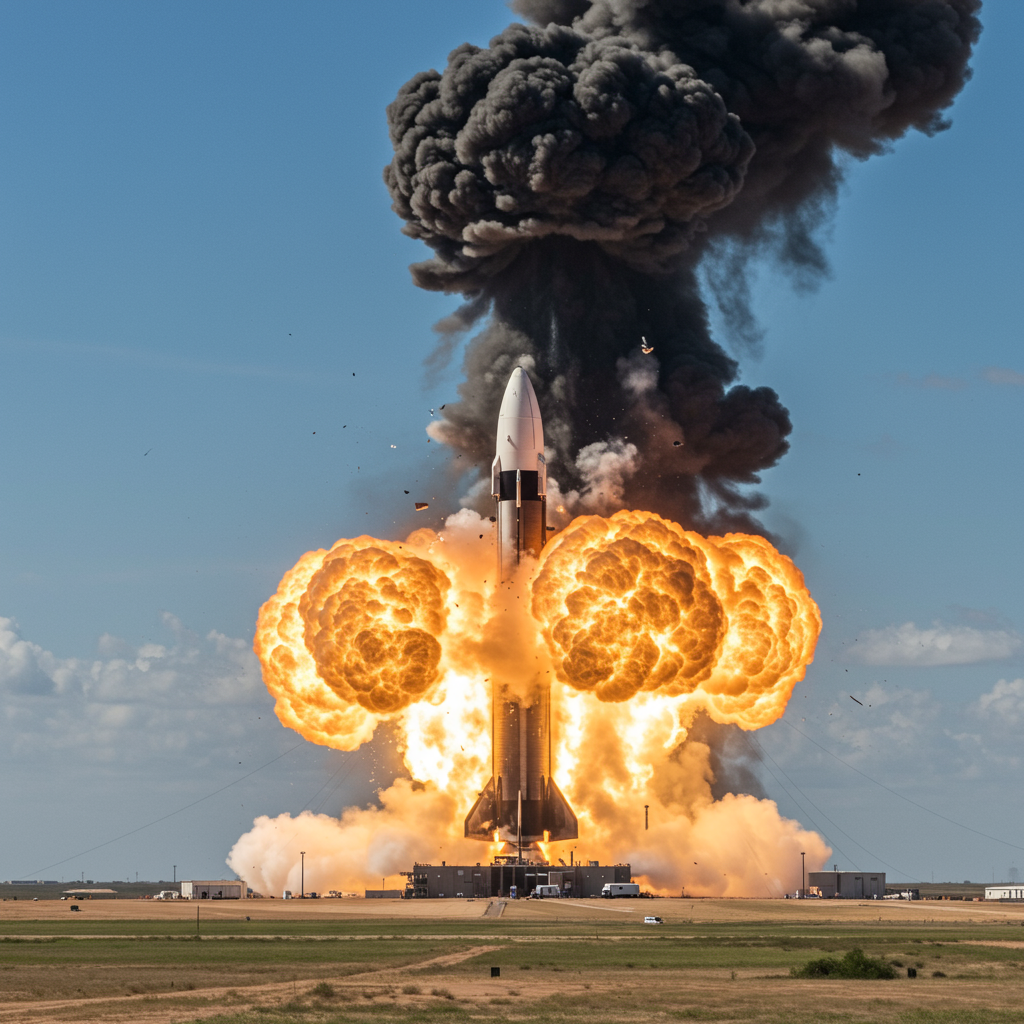The New York City mayoral race is reaching a fever pitch, and at the center of a potential political earthquake is 33-year-old Assemblymember Zohran Mamdani. The democratic socialist candidate has seen a significant surge, positioning him to potentially capture one of the most powerful political offices in the United States. His victory, supporters say, would signal a “seismic” shift in national politics, but it also presents a critical test for the progressive and socialist movement: can their ideology translate into effective governance of a complex, major metropolis?
Mamdani is challenging established figures, including former Governor Andrew Cuomo. While polls currently show Mamdani trailing, he has considerably narrowed the gap leading up to the Democratic primary. A win would undoubtedly send shockwaves through the Democratic Party, particularly after their national setbacks, and could empower like-minded progressive candidates across the country to contest establishment control.
The Weight of the Office: NYC Mayor’s Challenge
Becoming Mayor of New York City is one of the most demanding executive roles in America. It involves overseeing a staggering $115 billion budget, managing a workforce exceeding 300,000 employees, commanding the nation’s largest police department, and handling essential municipal services like snow removal and pothole repair. Beyond the practicalities, the mayor wields significant influence from the “bully pulpit” in the economic heart of the world’s largest economy.
This duality – the platform for grand policy visions versus the day-to-day realities of urban management – highlights a key tension. As Grace Mausser, co-chair of the city’s DSA chapter, notes, having a socialist mayor in the largest U.S. city would be “extremely powerful and hopefully empowering” for working-class movements nationwide. However, the job inherently demands a high degree of political compromise, a challenge for any leader with a strong ideological stance.
Lessons from Chicago: A Cautionary Tale?
The potential trajectory of a Mamdani mayoralty is often compared to that of Chicago Mayor Brandon Johnson. Johnson, also backed by socialists, defeated an incumbent two years prior. However, his administration has faced significant headwinds. Policy proposals have been rejected by the City Council and voters at the ballot box. A recent Chicago Tribune editorial sharply questioned Mamdani’s potential, pointing to Johnson’s struggles as a potential preview for New York:
> “What sounded good in theory has translated into dysfunction, driven by fiscal missteps and political inexperience,” the board wrote of Johnson, adding that Mamdani “inarguably, is yet more radical.”
Critics of Johnson, like Chicago City Council member Gilbert Villegas, argue that the DSA’s approach often involves “demonizing other Chicagoans” and seeking a villain. Villegas contends, “what we’re seeing, it doesn’t work. Take it from Chicago. We’ve been going through it for two years.” Johnson’s low approval rating (reportedly 14 percent) further underscores the challenges.
Johnson’s struggles include a failed referendum on a “mansion tax,” a unanimous City Council rejection of a property tax hike, and city-owned grocery store plans being scrapped. Public transit initiatives also face funding issues. While some attribute Johnson’s difficulties to staffing choices rather than pure ideology, his experience serves as a prominent example of the difficulties faced by socialist-aligned mayors in large cities.
Mamdani’s Strengths and the Path Forward
Despite the cautionary tales and attacks from opponents (including a well-funded super PAC highlighting his lack of executive experience), Mamdani has significant assets. He boasts endorsements from national figures like Bernie Sanders and Alexandria Ocasio-Cortez. His campaign has generated substantial energy, attracting over 45,000 volunteers and leveraging groups like the NYS Tenant Bloc, which claims to have canvassed 20,000 votes. Supporters believe a Mamdani administration would attract “extraordinarily talented people.”
Mamdani’s policy platform includes popular proposals such as freezing rents on regulated apartments, increasing taxes on the wealthy to fund free bus fares, and establishing city-owned grocery stores. His campaign counters concerns about inexperience by highlighting meetings with former municipal officials boasting deep City Hall knowledge, such as Maria Torres-Springer and Patrick Gaspard. They also point to his work in Albany, including pushing for a limited free bus pilot (though he ultimately cast a protest vote against the state budget), as evidence of building “broad coalitions with ideologically diverse members” and working outside typical DSA circles.
However, implementing key parts of his platform would require cooperation, particularly from the state government. Governor Kathy Hochul, a moderate Democrat, has already rejected his proposed tax hike on the wealthy. Achieving policies like free city buses would need state approval.
The Test of Practicality
Ultimately, a potential Mamdani mayoralty would test the socialist movement’s ability to transition from activism and opposition to effective governance. As Bernie Sanders famously put it, success requires demonstrating competence even in mundane tasks: “If we don’t plow the streets and fix the roads, the people aren’t going to put up with this socialism shit.”
The need for compromise and coalition-building is paramount. As one anonymous New York Democratic lawmaker noted, a socialist mayor cannot exclusively hire socialists; they must form a “functional coalition.” While Mamdani’s team points to positive examples like Baltimore Mayor Brandon Scott or Boston Mayor Michelle Wu, critics emphasize the need to replicate Sanders’ success in Burlington, Vermont, where he built coalitions even with Republicans.
A progressive or left-leaning mayor in NYC would face immense scrutiny. The scale of the challenges is vast, and delivering tangible results – filling potholes and pursuing transformative social change – will be essential. Mamdani himself, when asked about the political reality of his platform, referenced the unlikely start of his campaign: “many people would have said the same thing about the chances of this campaign… And here we are, just one day away from toppling a political dynasty.”
The stakes are high. For Zohran Mamdani and the democratic socialist movement, winning City Hall would be an unprecedented triumph, but governing it would be the ultimate test of their vision’s viability.



